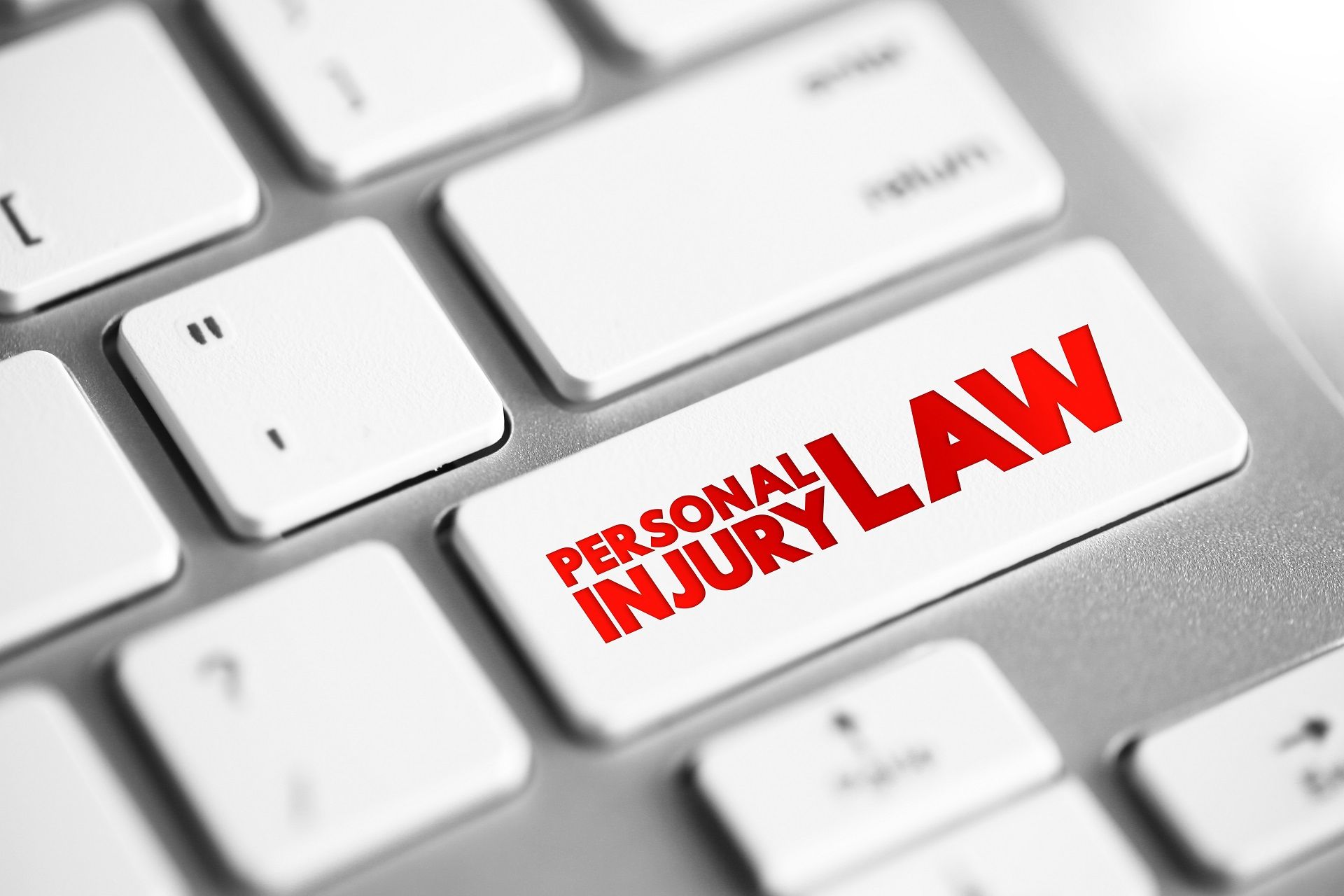Why Are Vocational Evaluations In Divorce Important?

Although most people view vocational evaluation as a tool used for job placement, it also plays a key role in different types of legal proceedings, including divorce.
Vocational evaluations in divorce help the court make decisions on important matters such as child support payments and alimony. In other words, expert opinion from a vocational expert can see to it that the interests of all affected parties in the case are protected.
Here’s everything you need to know about vocational evaluations in divorce.
What’s A Vocational Evaluation?
A vocational evaluation is an assessment of vocational matters conducted by a qualified expert. It involves interviewing the parties about their education, work history, job skills, and historical earnings in the context of the current job market.
Vocational experts are deeply familiar with which skills are in demand in the labor market and the amount of income an individual can earn considering their skills in different occupations. As such, using the interviews as a starting point, a vocational expert can inform the court about:
- Individual’s ability to find gainful employment in the current labor market
- Individual’s long-term earning capacity
- Individual’s imputed income if they’re currently unemployed
While this is primarily determined using the information provided by the parties, external factors like the state of the economy and the local job market will also play a huge role in the assessment.
Benefits Of Vocational Evaluations In Divorce
Vocational evaluation isn’t necessary in all divorce cases, but it’s still recommended. Here’s how hiring a vocational expert can benefit you:
1. Establishing The True Earning Capacity Of Spouses
Because they’re trained to evaluate skill sets in the context of the job market, vocational experts can assess the amount of income the spouse’s skill set can bring at the moment and in the future.
Spouses generally want to avoid paying high amounts, and it’s not uncommon for them to claim fewer earnings or take a lower-paying job to manipulate the court’s opinion. Since earning capacity is correlated to alimony and child support payment amounts, vocational experts’ opinion is critical to ensure a fair outcome in the divorce.
2. Evaluating Employability
It’s also widespread for one of the parties to claim their former spouse is capable of earning more than they are at the moment. For example, one of the spouses may have decided to focus on raising the children and it’s difficult to determine how much money they can bring in when they re-enter the workforce.
A vocational expert can ascertain which skills can transfer to the current labor market and offer recommendations on which skills the spouse should update to improve their employability.
3. Determining Reasonable Future Earnings
As we said previously, a spouse may have workplace skills that they’re unwilling to use in order to minimize alimony or child support payments. Vocational evaluations in divorce can help ground the discourse in reality by assessing the reasonable future earnings of both parties.
4. Documenting Future Changes In Income
Lastly, one of the biggest benefits of vocational evaluations in divorce is documenting any potential changes in the spouses’ future income. For instance, a vocational expert may provide an evaluation of adjusted circumstances necessary for the judge to make a better decision regarding alimony or child support amounts.
If needed, a vocational expert can also guide one of the parties on career changes to better prepare them for the employment market following the divorce.
Is A Vocational Expert’s Opinion Final?
The judge isn’t bound by the opinion of the vocational expert. Still, it’s normally highly persuasive and can influence the outcome of the divorce proceedings.
If the parties disagree with the opinion, they must refute it using evidence. In most cases, the evidence consists of the opinion of another expert. This situation is referred to as dueling experts, and it’s on the judge to give more merit to the vocational expert they found to be more persuasive.
If the vocational expert ascertains that a spouse is capable of finding work and able to support themselves, the judge may adjust the amount of the support. Alternatively, the expert report may reveal that the spouse has limited long-term prospects in the tough job market, which is likely to influence the judge’s decision.
However, other outcomes are also possible. The judge may order the party earning below their potential to find a better-paying job or order an unemployed spouse to start looking for work. In such cases, the spouse in question might have to report back on their job-seeking efforts.
Similarly, if a former spouse has limited skills, the judge may order them to go through training according to the
vocational expert’s recommendation.
It’s worth noting that judges rarely order parents of younger children to get back to work right away. It’s much more common for the judge to serve as a mediator in reaching a settlement agreement that works for both parties. This helps save time and money for everyone involved.
How To Hire A Vocational Expert?
If you feel hiring a vocational expert can bolster your case, you’re likely wondering how to find one. Typically, divorce attorneys have a list of experts they worked with in the past and will be happy to provide their recommendations.
Once you have the contact information, you can reach out to the expert and sign a contract, thereby retaining them.
This doesn’t mean you have no say in a matter, as you can certainly choose a vocational expert on your own. Each expert provides a different price, so it doesn’t hurt to explore other options.
Ensure A Fair Outcome
Though working with vocational experts seems like a headache and just another expenditure in your divorce, it’s the only way to secure a fair outcome. By assessing the employability and earning potential of all the parties involved, vocational experts can provide the court with an understanding of the intricacies of the situation.
If you’re unsure who to hire,
OAS is the choice you won’t regret. We’ve been at the helm of the vocational evaluation industry for close to 30 years and during that time, we worked on thousands of divorce cases. More importantly, we make sure that our clients always receive the results they seek.
Schedule a consultation by calling
800-292-1919 or filling out
our contact form.
Note:
The information in this blog post is for reference only and not legal advice. As such, you should not make legal decisions based on the information in this blog post. Moreover, there is no lawyer-client relationship resulting from this blog post, nor should any such relationship be implied. If you need legal counsel, please consult a lawyer licensed to practice in your jurisdiction.
RECENT POSTS
CONTACT US
We will get back to you as soon as possible.
Please try again later.
Evaluation Request
Contact Us
We will get back to you as soon as possible.
Please try again later.
Contact
Contact Us
We will get back to you as soon as possible.
Please try again later.
All Rights Reserved.
This website is managed by Oamii.







